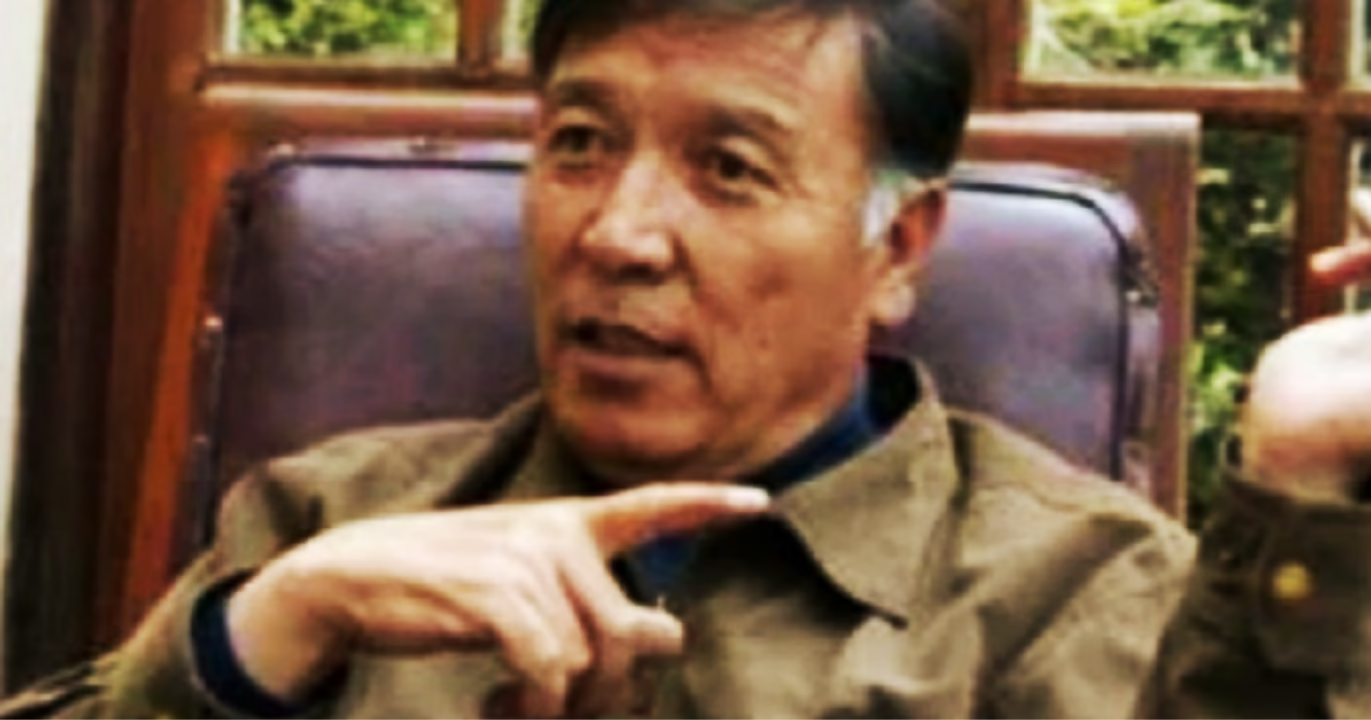In remembrance of Madan Tamang, an inspiring figure in democratic politics: Sacrifice Still Awaiting Justice

Kalimpong Khabar News, May 21 “Adopting the path of peaceful struggle is the foundation of true change,” believed Madan Tamang, a strong advocate for this idea, who remains alive in the hearts of thousands of Gorkhas today. His brutal daytime murder on May 21, 2010, in front of the Planters Club in Darjeeling, continues to be a deep wound in the political and social consciousness.
Madan Tamang, president of the All India Gorkha League (ABGL), had been pursuing the demand for Gorkhaland through constitutional and non-violent means. He was a clear and fearless speaker who was restoring people’s faith in democracy.
On the day he was murdered, he was preparing for a public event for his own party. Suddenly, an armed group attacked him, and in a matter of moments, Darjeeling lost a bright voice.
Aftermath and Public Outcry
Following the incident, the entire hill region erupted in protest. Schools, markets, and transportation came to a standstill. Thousands lit candles in the streets as a tribute. The Gorkha people deeply felt the value and importance of peaceful leadership.
The Lingering Quest for Justice
The investigation into the murder case, initially handled by the CID, was eventually transferred to the CBI. Charges were filed against 50 individuals, including Gorkha Janmukti Morcha leaders Bimal Gurung, his wife Asha Gurung, and other top leaders. However, justice remains elusive. In 2017, a Kolkata court acquitted Bimal Gurung from the case. While legal proceedings continue against some others, a final verdict has yet to be delivered.
His wife, Bharati Tamang, and the family’s patient fight for justice is still ongoing. Despite repeated demands for justice from the public, the judicial process appears slow.
A Continuing Inspiration
Madan Tamang’s life, ideas, and sacrifice continue to inspire generations who believe in democracy. He was a leader who opposed violence, choosing the path of dialogue, consensus, and the constitution. In his memory today, it’s essential for all of us to reflect: Are we still on that same democratic path?